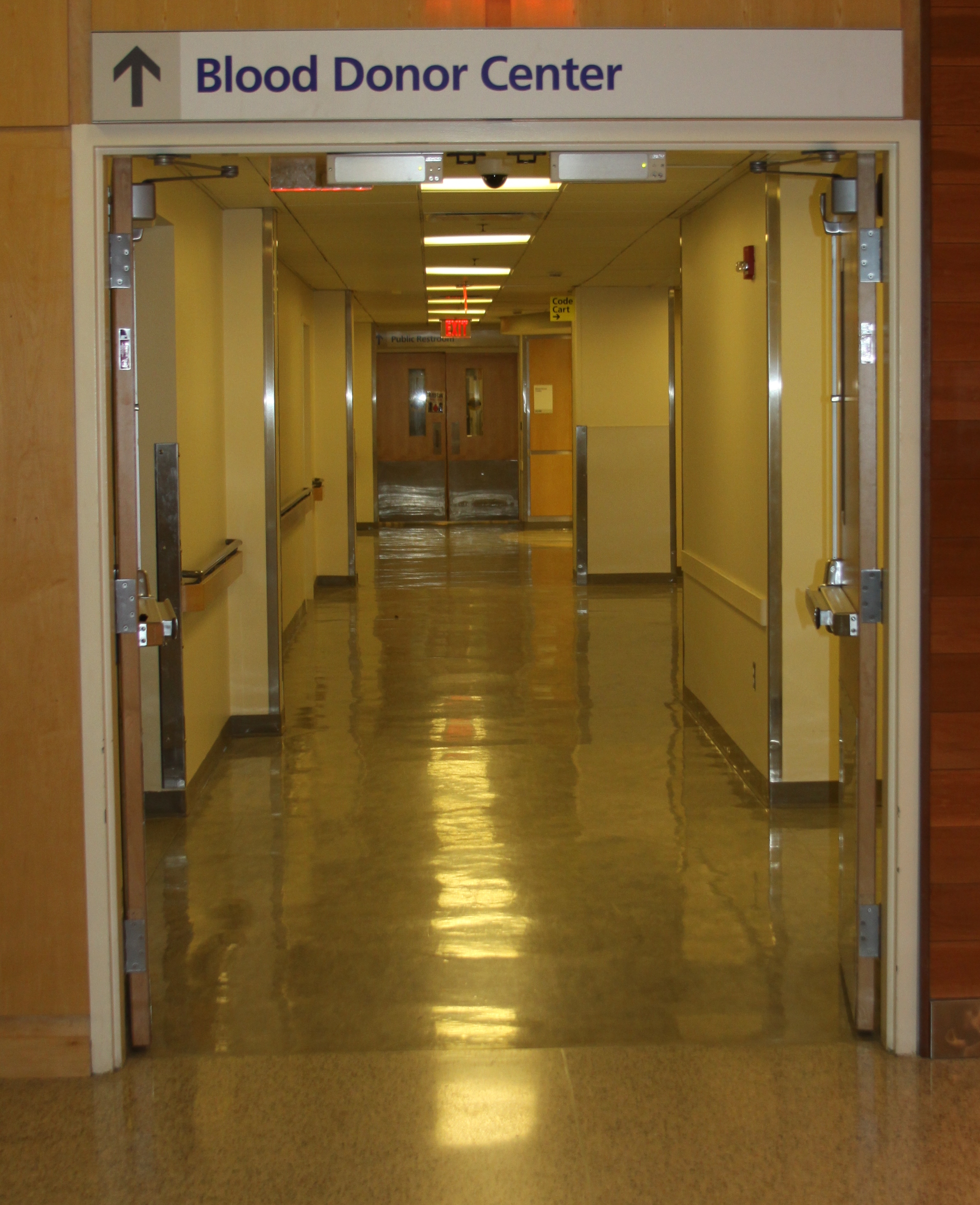Undergraduate Medical Education
|
Transfusion Medicine is a core 3-month rotation for Clinical Pathology residents, and a core 2-week rotation for first-year Anesthesiology residents. In addition, 1-month elective rotations are available for Clinical Pathology residents and fellows in Hematology/Oncology and Nephrology. We also provide a 1-week Flexible Clinical Experience for 3rd year medical students. The major teaching venues include:
Both clinical and didactic teaching are provided. A daily 8:30 AM conference in the Blood Donor Center Conference Room is attended by all physicians, trainees, lead technologists, administrative leadership and also by apheresis nurses. This conference represents daily rounds in Transfusion Medicine and, in addition to the practical aspects of reviewing the service and planning therapeutic interventions, it provides a very active venue for case-based teaching. Our major academic conference is a weekly Transfusion Medicine Conference (Wednesday 3-4 PM, Emergency Department Seminar Room) where case presentations, often based on abnormal findings at the blood bank bench, relate laboratory findings to their clinical correlates. Trainees who rotate on our service are tasked with assembling cases for discussion, usually based on clinical material encountered during the prior week. The conference may also consist of a didactic lecture on an important topic in immunohematology, blood banking, apheresis or other aspects of Transfusion Medicine. The conference is also attended by blood bank staff who lend technical expertise to the discussions. In this manner, attendees of the conference increase their knowledge of both clinical transfusion medicine and laboratory immunohematology. |
 Blood bank serology work-ups (with lead technologists and medical director)
Blood bank serology work-ups (with lead technologists and medical director)